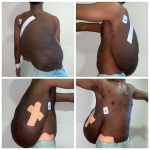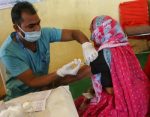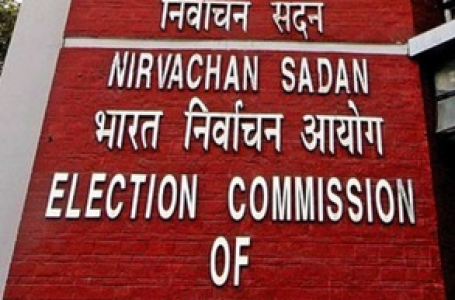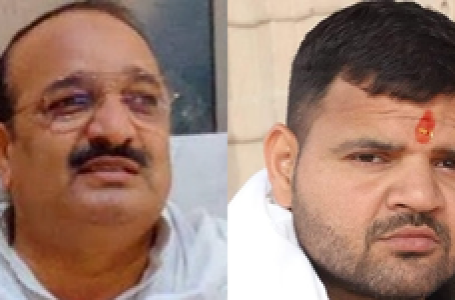March 12, 2020
New Delhi: A pandemic is the “worldwide spread of a new disease”, according to the World Health Organization (WHO), which means that nearly every human being on Earth — close to 8 billion — is now susceptible to coronavirus (Covid-19).
The coronavirus outbreak was on Wednesday declared a pandemic by the World Health Organization (WHO), whose chief expressed his “deep concern” over the “alarming levels of inaction” in combating the virus spread.
“81 countries have not reported any #COVID19 cases, and 57 countries have reported 10 cases or less. We cannot say this loudly enough, or clearly enough, or often enough: all countries can still change the course of this pandemic,” the WHO tweeted.
Pandemic is an outbreak of a disease that occurs over a wide geographic area and affects an exceptionally high proportion of the population.
Pandemics, according to their classical definition, are epidemics that cross international boundaries and affect a large number of people worldwide.
There are now over 118,000 cases of Covid-19 spread across 114 countries around the world. The disease has already claimed over 4,000 lives.
“If countries detect, test, treat, isolate, trace, and mobilize their people in the response, those with a handful of #COVID19 cases can prevent those cases becoming clusters, and those clusters becoming community transmission,” the global health body said in a tweet.
The WHO had classified the novel coronavirus as a global public health emergency on January 30.
Countries around the world, including the US, have already been leaning on pandemic preparedness plans to respond to the outbreaks of coronavirus.
The last time the WHO declared a pandemic was during the H1N1 outbreak in 2009, which infected nearly a quarter of the world’s population.
The WHO, however, was later criticised for raising public alarm when the virus turned out to be not very lethal. H1N1 now returns seasonally and is part of the annual vaccine preparations.
SARS was not considered a pandemic, despite affecting people in 26 countries, and neither was MERS.
“As pandemic viruses emerge, countries and regions face different risks at different times. For that reason, countries are strongly advised to develop their own national risk assessments based on local circumstances, taking into consideration the information provided by the global assessments produced by WHO,” according to the global health organisation.
Each pandemic is different and, until a virus starts circulating, it is impossible to predict its full effects. IANS



















